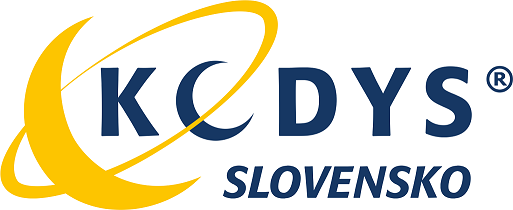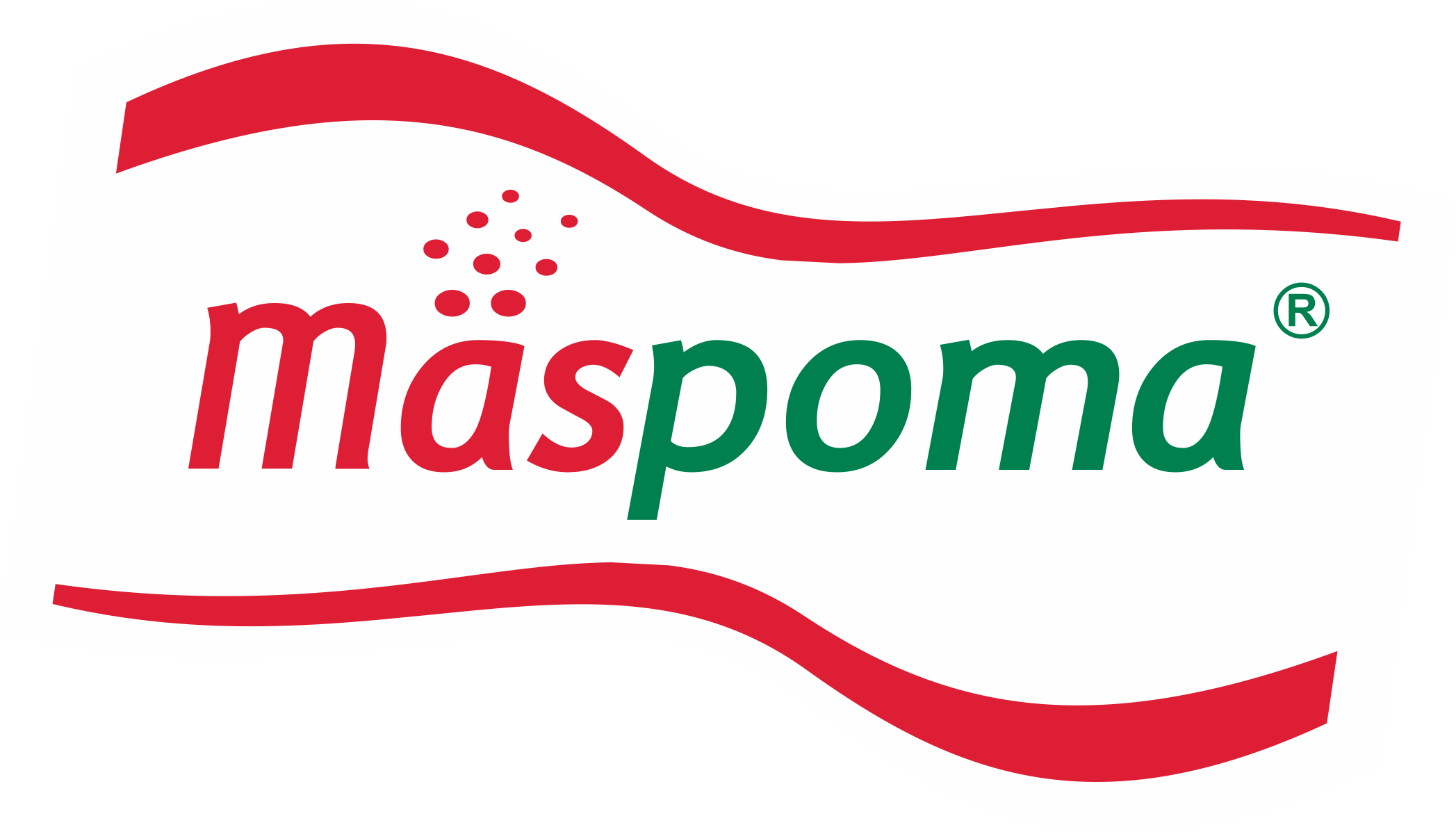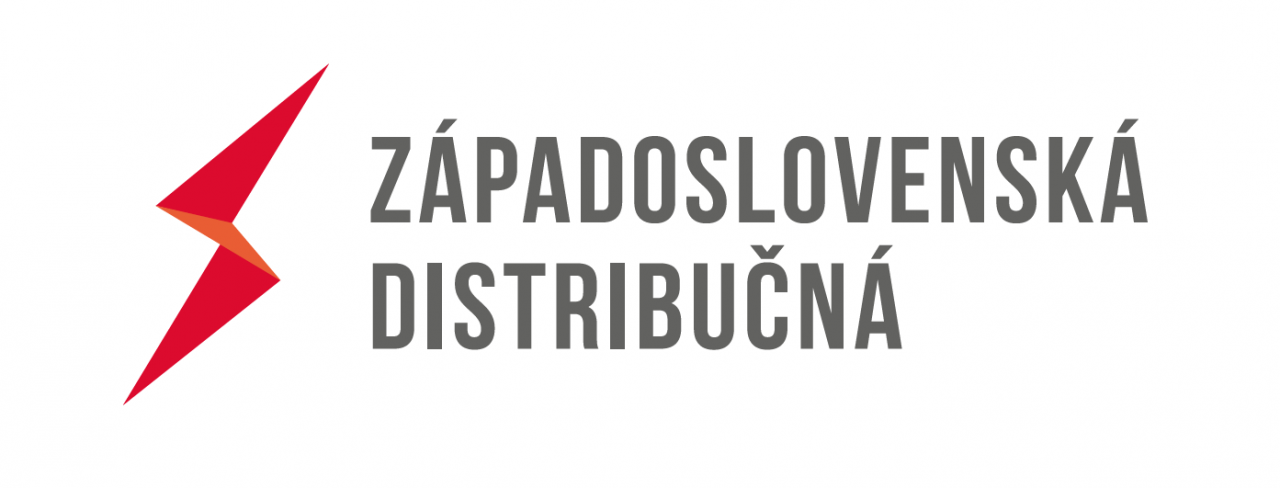
Mobile Device Management
Mobile Device Management
Until relatively recently, everyone associated the role of IT administrators with managing servers, computers, printers or production machines in companies. Mobile devices were mostly only the dedicated/resilient ones and were often on the periphery of interest and oversight or control on their part. However, with the development and widespread deployment of wireless connectivity (WiFi and 4G/5G networks), smartphones and mobile applications, this paradigm has changed

Increasingly, more and more of the devices we use are mobile. These have literally become critical to many areas in recent years. Just as the term "mobility" has become synonymous with everyday life. This makes the topic of remote and bulk messaging all the more relevant today.
The most common challenges in this area today include:
- An ever-changing environment
- Different security needs
- Challenges of the mobility phenomenon
- Dependency of elements : Devices, networks, data, physical level

Today, with the constant increase in the complexity of their deployment and use, companies and organisations with a multitude of different devices often can no longer imagine being able to operate effectively without systems to manage them.
Mobile device management software solutions are the answer to these challenges.
These enable businesses and organisations to remotely monitor, manage and secure devices of all kinds, and not just mobile ones. In addition to the well-known rugged mobile terminals (popularly known as readers), these systems are also capable of managing smartphones, tablets and laptops, as well as regular PCs and many other devices.
From MDM to EMM to UEM
Just as the various devices we use daily for work or in our private lives have evolved, the systems that manage and maintain all these devices and their contents have also changed over time.
The first generation was the so-called MDM (Mobile Device Management) systems, i.e. systems for the management of mobile devices. Later, the functionalities and capabilities were expanded and the so-called EMM (Enterprise Mobility Management) systems, i.e. systems for the management of enterprise mobility, emerged. Today, the trend is to unify all aspects of the management of different devices, including the inclusion of even the "tiniest newcomers" - IoT elements. And so Unified Endpoint Management (UEM) systems have emerged.

So that you don't get lost in this flurry of acronyms, we'll explain what they stand for in more detail:
1. MDM (Mobile Device Management)
- Device management system (HW+SW)
- Restriction of access and usage options (single purpose or set of defined applications)
- Bulk deployment and updating of devices
- Provision of efficient support
- First generation of systems of this type
- Management of primarily dedicated (resilient) devices
-Emphasis on the device itself (OS, firmware, patches)
2. EMM (Enterprise Mobility Management)
- Focus on productivity (employee, device, user)
- Ensuring security and integrity of corporate data
- Tailored to people, processes and technology
- Includes access control, content and application management
-Manage all corporate mobile devices
-Devices partially/fully subject to company policies (BYOD, CYOD, COPE)
-Emphasis on content and apps on the device
3. UEM (Unified Endpoint Management)
- Manage mobile devices, PCs, IoT devices in one solution
- Securely manages devices/users no matter what they do
- Includes all endpoints in the system in management
- Applicable across the entire spectrum of operations
-Internet of Things (IoT)
-Single management platform: people - processes - endpoints

Our experienced colleagues in the systems engineering department will be happy to advise you on how to get even better acquainted with this topic and choose the most suitable solution for your company. (Contact: system@kodys.sk)
Need advice?
Why Kodys?

25+ years of experience
We are a financially and personally stable company with multinational support from key partners in the field of high technology and know-how transfer.

Customised solutions
Our solutions are extremely flexible and can cover even the most demanding customer requirements.

Top in the field
Thanks to the stability, professionalism, reliability and innovation of our people and the strength of the international IBCS Group, we are a leader in the field of auto-id solutions in the CEE region.

Comprehensive services
Our experienced team of experts will design a solution according to your needs, provide the necessary software, hardware infrastructure and take care of implementation, training and technical support.

Professional team
We have a strong and experienced team of programmers, system engineers, expert consultants and other technical specialists.

Top quality equipment
We are an important partner of world technology leaders in the field of automatic identification such as Zebra, Honeywell and Datalogic.









